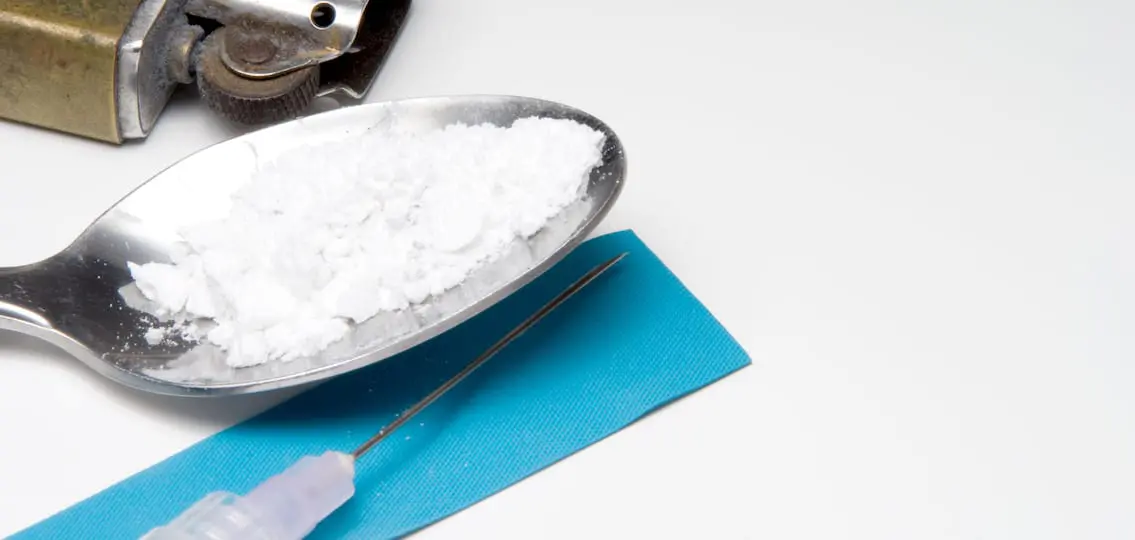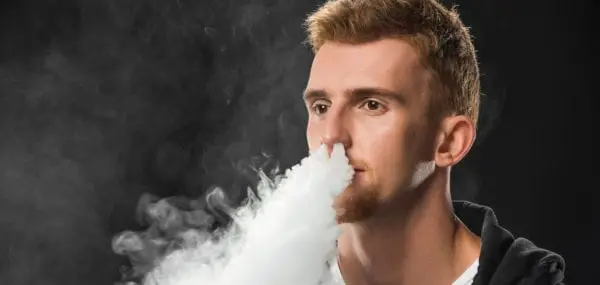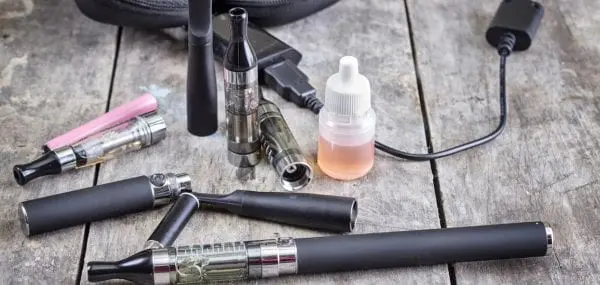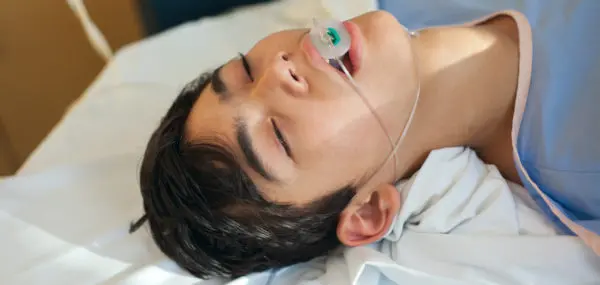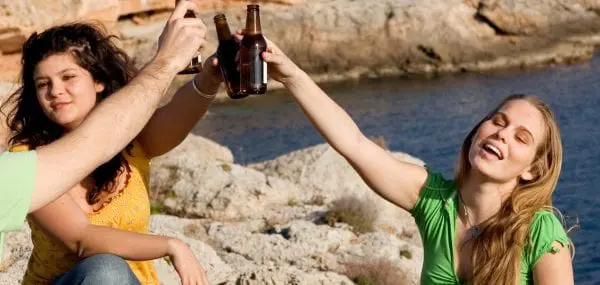U.S. Attorney General, Eric Holder, has called the rise in overdose deaths from heroin and prescription painkillers an “urgent public health crisis.” According to the CDC, one in five high school students has taken prescription drugs without a doctor’s prescription. And heroin abusers often report that their foray into heroin began with prescription drug abuse.
Despite what people think, heroin is an equal opportunity destroyer. Addiction to heroin and other opiates (such as oxycodone, Oxycotin, Percocet and Vicodin) impacts Americans in urban cities, the suburbs and rural areas in every state. Heroin overdose deaths increased 55% between 2000 and 2010 and continue to rise.
Why Heroin?
Many people hold a misconception that drug dependence is a voluntary behavior and moral failure. However, addiction is actually a complex medical issue, not a moral issue. No one starts off saying, “I want to be an addict and live a life of pain.”
In fact, addiction is a brain disease that can be diagnosed and treated, and treatment makes a difference. Scientific evidence suggests that substance abuse causes changes in the brain that make it difficult for individuals to stop using.
Heroin is much cheaper and often easier to buy than illegal prescription opiates. Users develop a tolerance, and it is highly addictive. Heroin binds to receptors in the brain to give the euphoric rush, but also suppresses breathing, which can be fatal.
What Can You Do To Protect Your Teen?
Prevention begins with education. Parents must become informed and then teach their teens about the devastating effects of prescription drugs and heroin. As your children grow, turn “Just Say NO” into “Just say KNOW.” At my parent programs, the most frequently asked question is, “What can I do to protect my teen? I feel powerless.” I believe, however, that parents are very powerful.
Here are some tips:
1. Don’t wear blinders.
This can happen to anyone. After a heroin or opioid death, people say, “I never thought that it could happen here.” But heroin can happen anywhere, so don’t rely on, “Not my kid, not my community.”
2. Be a role model.
Model positive behavior in your approach to using alcohol and medicine.
3. Educate yourself and your teen.
Heroin abuse commonly begins with prescription opiate abuse. Check your medicine chest. If you have prescription painkillers that you don’t use, deposit them in a secured prescription drug drop box.
4. Talk to your children.
Use high profile news about heroin deaths—like the recent heroin deaths of Cory Monteith, the Glee star, and actor Philip Seymour Hoffman—to talk about heroin with your kid. To do this, you must be involved in your teen’s home, social, school and community life.
5. Know the signs and behaviors.
Heroin users are seldom honest about use, and they often lie and steal.
6. Know the paraphernalia.
This is syringes, pipes and belts or tubing.
7. Know the symptoms.
Dry mouth, flushed skin, constricted pupils, impaired mental functioning, nodding out and breathing slow. Trust your teens. But, if you are suspicious, then inspect.
8. Be prepared, not scared.
If you suspect, you need to get help immediately.
9. Find a health professional who can provide an assessment.
You can find a provider through the SAMHSA website.
10. Act quickly.
About 80% of heroin users inject with partners, but about 80% who are overdosing are found alone. This means that friends are abandoning their friends because they are scared or don’t know what to do. Meantime, there is a drug, naloxone or Narcan, which can reverse an opiate overdose through injection or nasal spray. Currently, Naloxone is available only by prescription, but states are changing laws to allow family and friends easier access to this drug that can save lives.
And, after you do the best you can, then pray, because there is no quick fix.
